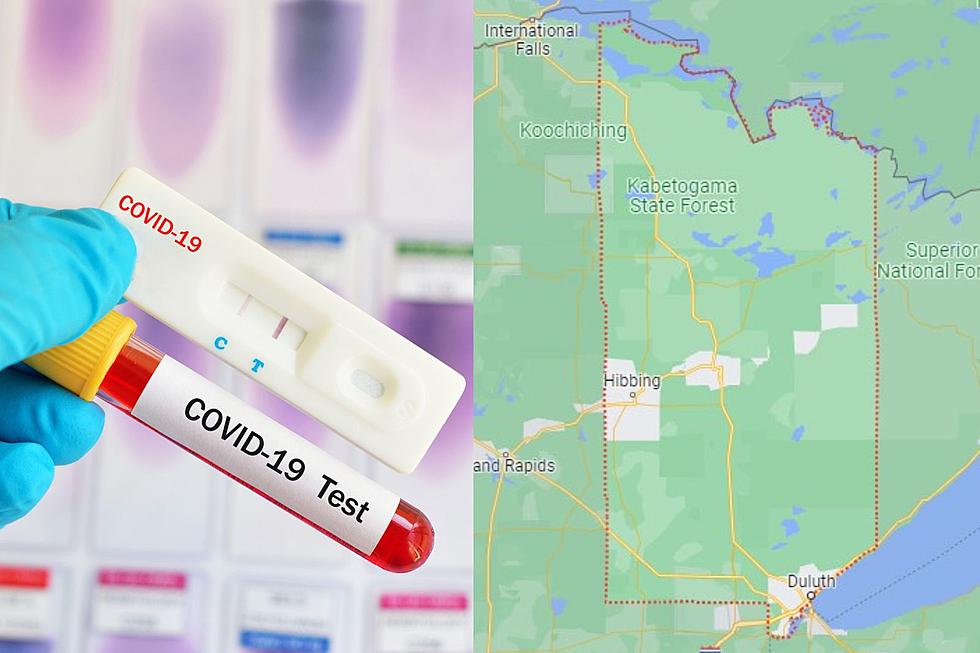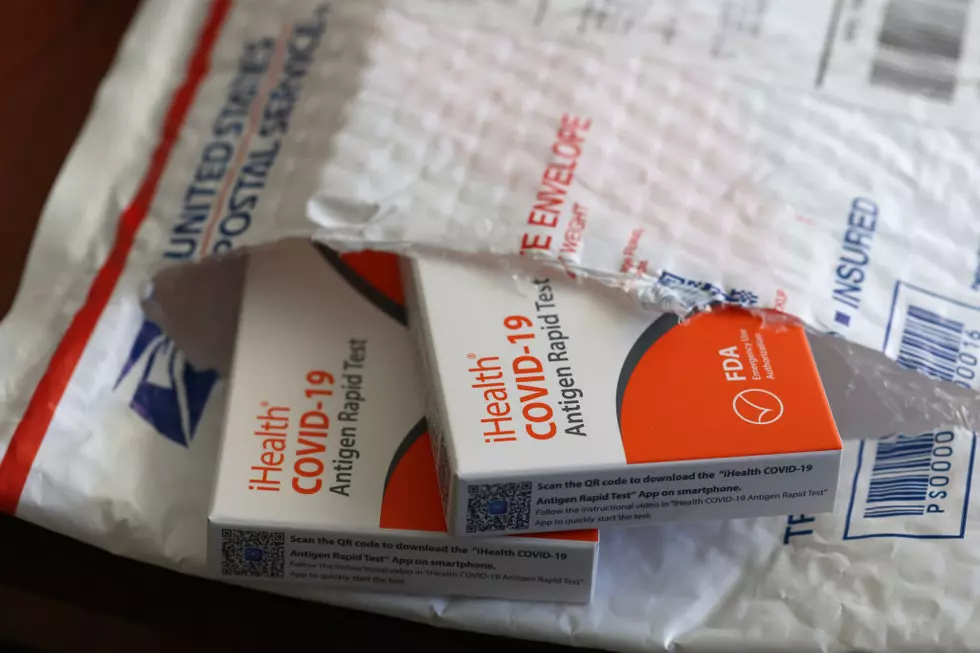
Small Business Owners Could Face Higher Taxes Due To PPE Loans
An unintended consequence of the Paycheck Protection Program (PPP) from earlier this year might come back to haunt (and bite) small business owners. A coalition of Wisconsin lawmakers are helping those businesses push back against the higher taxes they might be faced with as a result of receiving those federal funds.
At issue is the way the PPP was rolled out to business owners. Here's the way the program was introduced - according to news sources:
"The program....gave small businesses loans to cover payroll expenses in an effort to keep workers in their jobs, and to help them cover other business expenses, like rent or utilities. In general, if those small businesses were able to keep their workers employed and maintain salary levels, the federal government would forgive the loan."
Based on those original parameters, many businesses applied for, received, and acted on those loans. But things changed in November. That's when "the U.S. Treasury Department and the IRS said if a business paid for expenses with money from a PPP loan that has been or will be forgiven, businesses cannot deduct those expenses from their taxes - deductions that would otherwise be routine in past years."

Without the deductions, many small businesses will see their tax threshold rise significantly. Sources suggest that "[d]epending on the size of...[the] loan and the structure of the company....the ruling could cost small businesses thousands, tens of thousands, or even hundreds of thousands of dollars..." Making matters worse is the fact that this tax liability wasn't even a reality when the loans were originally designed, presented, and signed-up for.
In a non-partisan show of support for small businesses across the county, Republican Senator Chuck Grassley and Democrat Ron Wyden have issued a joint statement urging the Treasury Department to reconsider their tax ruling. Further, many Wisconsin lawmakers and business associations added their signatures to a letter that was sent to Congress in early December.
READ MORE: See how some companies are changing their businesses to combat COVID-19
More From KOOL 101.7









